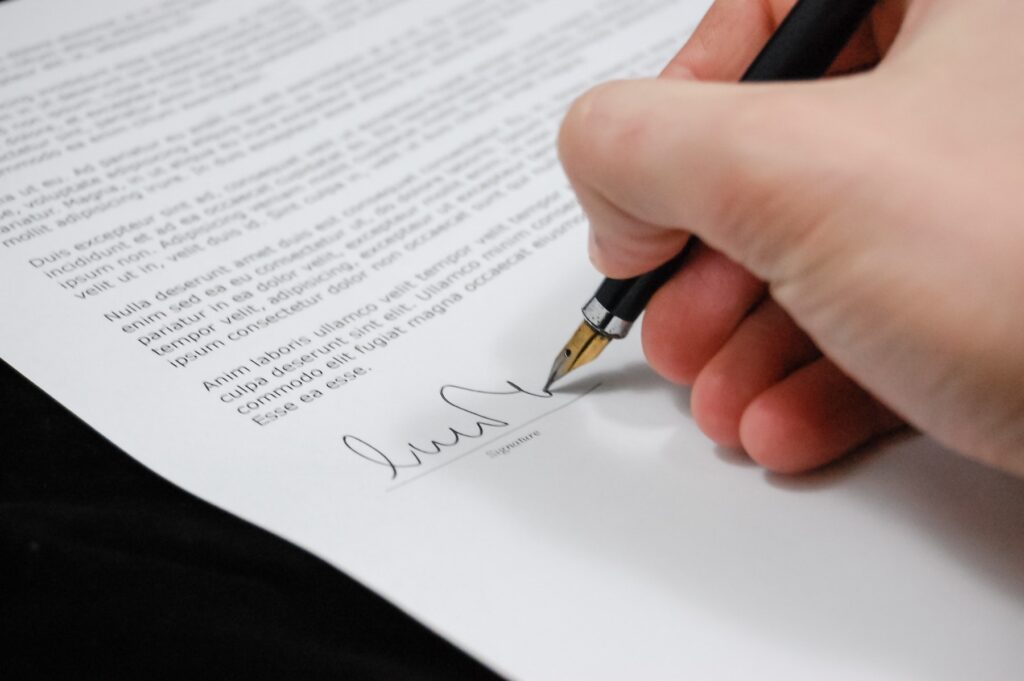It’s easy to feel lost and hopeless when struggling with personal debt. There’s no easy way out, no magic wand. Your creditors want their money, you don’t have it. What you owe is more than you have coming in. Whatever angle you look at it from, it doesn’t look any better.
Unless you are able to make significant changes to either your outgoings or your earnings, repeated failure to pay your debts will end in bankruptcy. Bankruptcy has its benefits. It stops any further legal action being taken by your creditors and, once done and dusted, sees your debts written off.
But on the negative side, you will have your assets seized to pay your debts. Your bank account will probably be frozen, your credit score will take a hammering and you will be listed on the insolvency register, which will further harm your ability to get credit and may harm your chances of taking certain jobs.
Oh, and you have to pay for the privilege of being declared bankrupt.
Bankruptcy is what you might call a ‘tough love’ approach to dealing with problem debt. There are alternatives available, including individual voluntary arrangements (IVAs), which take the form of a formal debt restructuring agreement between you and your creditors.
In Scotland, you can also take advantage of a similar scheme called a trust deed. Also known as a protected trust deed, they are legally binding contracts governing repayment over a fixed term (typically up to four years).
How does a trust deed work?
The key difference between a trust deed and bankruptcy is that the overarching aim of a trust deed is to set in place a mechanism for you to pay back your debts. That means they are usually more attractive to creditors, which in turn means there is a high chance of getting them on board.
One of the big advantages of a trust deed for you as a debtor is that all interest and charges are frozen at the point the deed is agreed and starts – your debt does not grow any further. Plus, the deed specifies a fixed repayment negotiated so it is affordable to you. Anything left over at the end of the deed period is written off.
A trust deed is not entirely without pain for the debtor, however. One price you have to pay is that all your assets are legally taken out of your ownership and handed over to a trustee, or the licensed official who administers the deed. This includes your property. If you have any equity in your home or other property, the trustee will look to release it to pay off your debts, either by selling it or remortgaging.
As with bankruptcy, entering a trust deed will hurt your credit score, though only for six years – after that, you will get a clean slate again. And you may still be able to obtain credit during the period of the deed, although this is at the discretion of the trustee.
If you are facing problems with personal debt, don’t go it alone. Get in touch with the JT Maxwell team and find out how we can help you get back on the right path.

